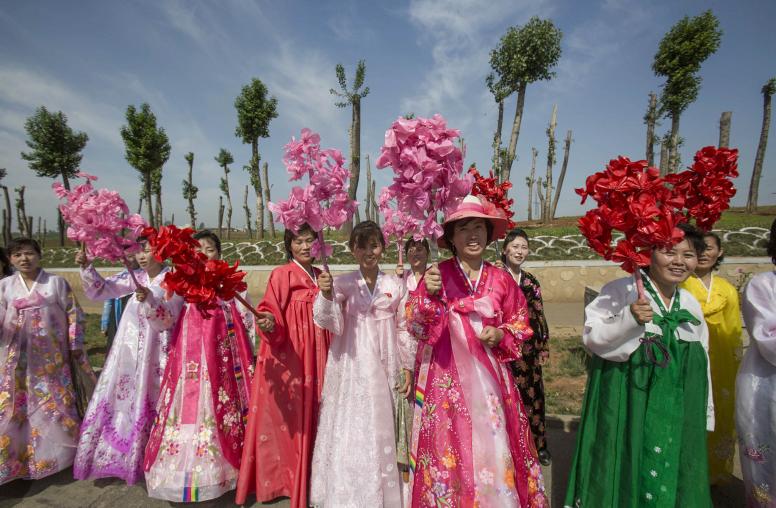Korean War Legacies: Healing the Trauma of Korean American Family Separation
June 25 marks 74 years since the beginning of the Korean War, which remains unresolved today. Perhaps the most palpable legacy of this conflict are the separated families — both on the Korean Peninsula and in the diaspora — who are unable to see or communicate with each other. As the first generation of divided families enter the twilight of their lives and barriers to direct people-to-people exchanges endure, there is a need to explore the intergenerational impact of family separation and opportunities for sustaining the collective memories of this human connection between the United States and North Korea.
On June 25, USIP held a conversation that explored alternative pathways for facilitating reconciliation between Washington and Pyongyang at a time of deadlocked U.S.-North Korea relations. This event highlighted current initiatives that aim to support Korean American divided families, including the proposed Divided Families National Registry Act, which would establish a U.S. government registry for divided families, and Letters to My Hometown, a storytelling project to archive video messages from elderly Korean Americans to their relatives in North Korea.
Speakers
Frank Aum, welcoming remarks
Senior Expert, Northeast Asia, U.S. Institute of Peace
Rep. Brad Sherman (D-CA), introductory remarks
U.S. Representative from California
Former Senator Mark Kirk (R-IL), recorded video message
Former U.S. Senator
Ambassador Julie Turner
U.S. Special Envoy for North Korean Human Rights Issues, Department of State
Paul Kyumin Lee
President, Divided Families USA
HJ Lee
Co-Founder and Executive Director, KoreanAmericanStory.org
Chahee Lee Stanfield
Korean-American Divided Family Member; Executive Director, National Coalition for the Divided Families



